Yingtao Ren
A Self-Constructing Multi-Expert Fuzzy System for High-dimensional Data Classification
Oct 17, 2024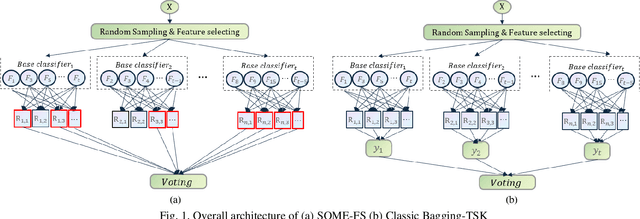
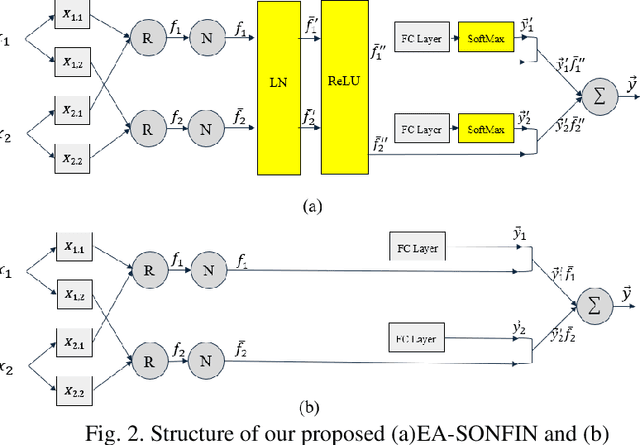
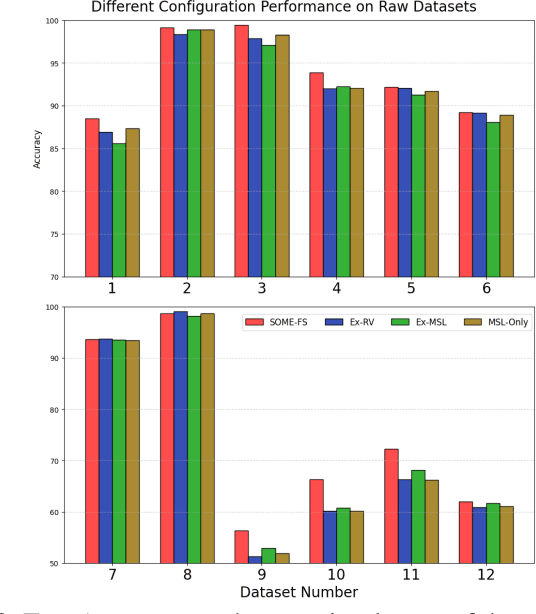
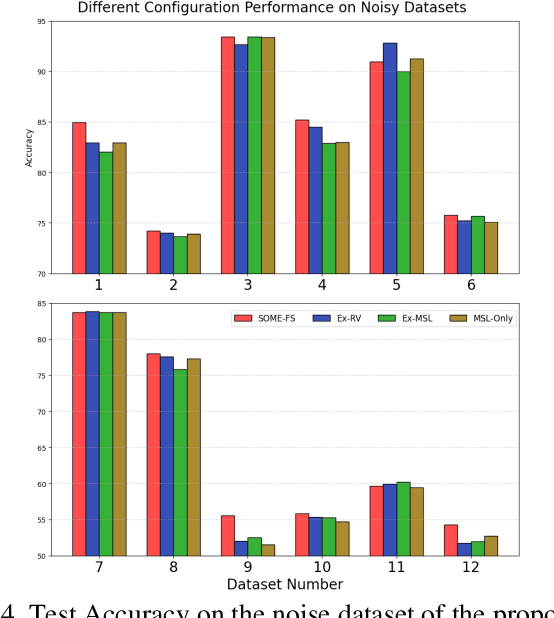
Abstract:Fuzzy Neural Networks (FNNs) are effective machine learning models for classification tasks, commonly based on the Takagi-Sugeno-Kang (TSK) fuzzy system. However, when faced with high-dimensional data, especially with noise, FNNs encounter challenges such as vanishing gradients, excessive fuzzy rules, and limited access to prior knowledge. To address these challenges, we propose a novel fuzzy system, the Self-Constructing Multi-Expert Fuzzy System (SOME-FS). It combines two learning strategies: mixed structure learning and multi-expert advanced learning. The former enables each base classifier to effectively determine its structure without requiring prior knowledge, while the latter tackles the issue of vanishing gradients by enabling each rule to focus on its local region, thereby enhancing the robustness of the fuzzy classifiers. The overall ensemble architecture enhances the stability and prediction performance of the fuzzy system. Our experimental results demonstrate that the proposed SOME-FS is effective in high-dimensional tabular data, especially in dealing with uncertainty. Moreover, our stable rule mining process can identify concise and core rules learned by the SOME-FS.
A New Random Forest Ensemble of Intuitionistic Fuzzy Decision Trees
Mar 17, 2024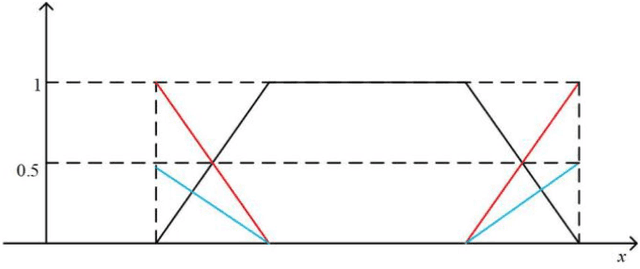
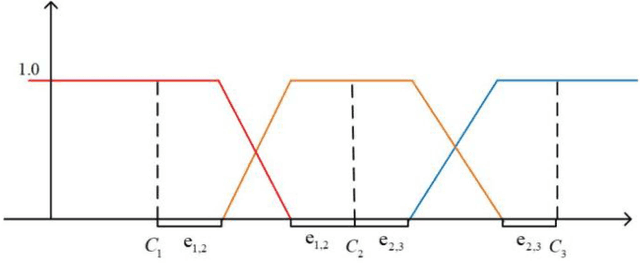
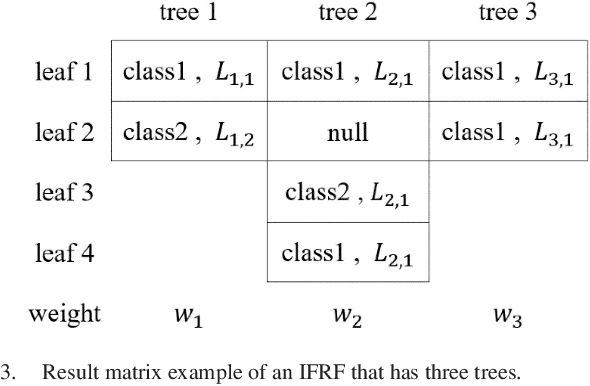
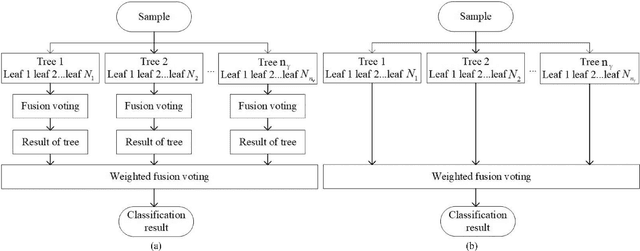
Abstract:Classification is essential to the applications in the field of data mining, artificial intelligence, and fault detection. There exists a strong need in developing accurate, suitable, and efficient classification methods and algorithms with broad applicability. Random forest is a general algorithm that is often used for classification under complex conditions. Although it has been widely adopted, its combination with diverse fuzzy theory is still worth exploring. In this paper, we propose the intuitionistic fuzzy random forest (IFRF), a new random forest ensemble of intuitionistic fuzzy decision trees (IFDT). Such trees in forest use intuitionistic fuzzy information gain to select features and consider hesitation in information transmission. The proposed method enjoys the power of the randomness from bootstrapped sampling and feature selection, the flexibility of fuzzy logic and fuzzy sets, and the robustness of multiple classifier systems. Extensive experiments demonstrate that the IFRF has competitative and superior performance compared to other state-of-the-art fuzzy and ensemble algorithms. IFDT is more suitable for ensemble learning with outstanding classification accuracy. This study is the first to propose a random forest ensemble based on the intuitionistic fuzzy theory.
 Add to Chrome
Add to Chrome Add to Firefox
Add to Firefox Add to Edge
Add to Edge